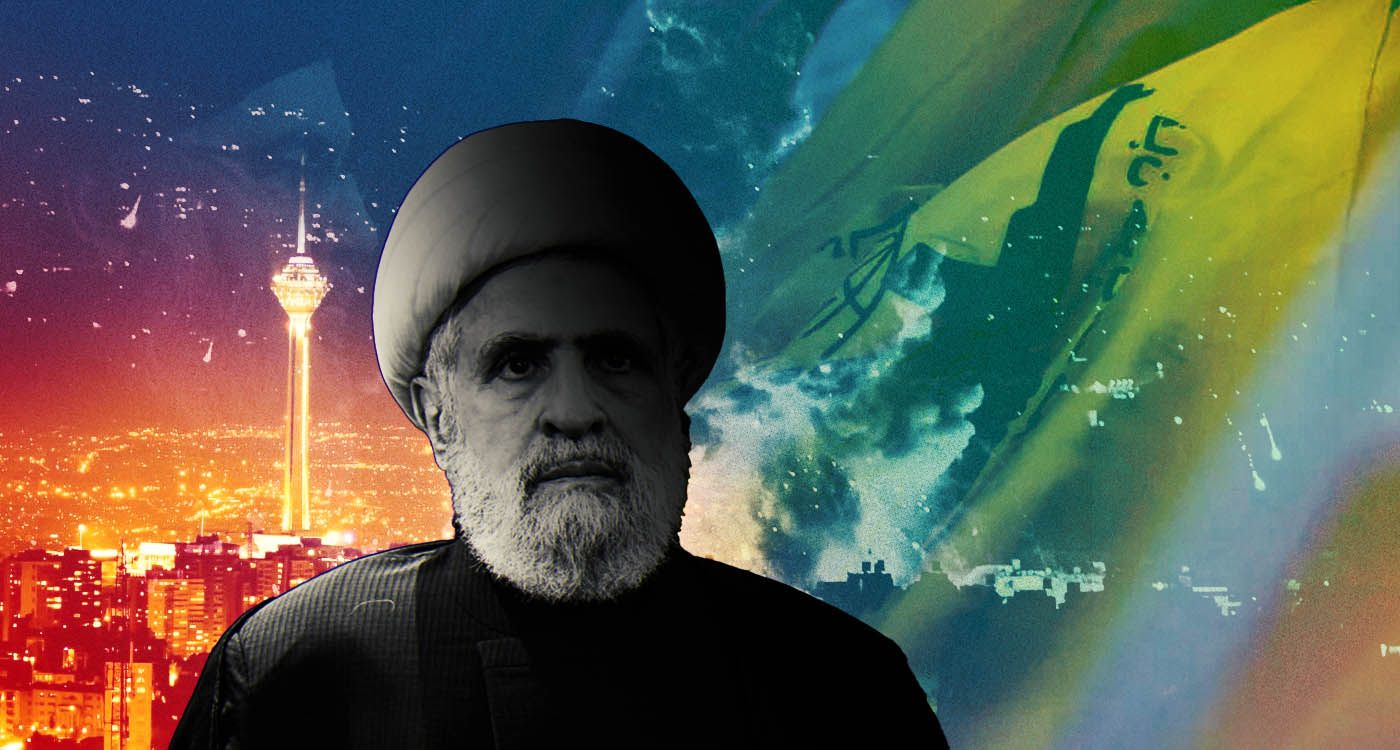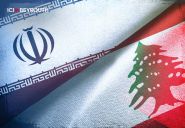
On Sunday, October 20, several media outlets reported that Hezbollah's second-in-command, Naim Qassem, has been in Tehran since October 5.
The Emirati media platform Erem News quoted an anonymous Iranian source holding reliable information, stating that Qassem left Beirut on an Iranian plane on Saturday, October 5, along with Iranian Foreign Minister Abbas Araghshi. The airplane reportedly headed to Damascus, where the minister met with Syrian officials before continuing to Tehran.
According to the same source, the second and third speeches given by Naim Qassem after the assassination of Hassan Nasrallah were delivered from his residence in Tehran, while the first was given from Beirut.
The relocation of Hezbollah's deputy secretary-general "was ordered by the highest Iranian authorities due to concerns about his possible assassination by the Israeli entity, as he is on the list of individuals wanted by the government" of Tel Aviv, according to the Iranian source.
If this source is truly "well-informed" and its information is accurate, then the Lebanese have every right to seek explanations from Sheikh Qassem.
As recently as October 15, in his third address following Nasrallah's assassination on September 27, Qassem was giving the Lebanese lessons in resilience and honor, urging them to "embrace sacrifices." He stated that this is the "price" to pay for the victory of "legitimate resistance."
In addition, he reiterated his commitment to "the unity of the fronts," perpetuating Nasrallah's rhetoric and once again tying Lebanon's fate to that of Gaza.
Furthermore, he went so far as to announce the implementation of a "new equation" aimed at "inflicting pain on the enemy."
What about the suffering of the Lebanese population?
It is undoubtedly difficult to grasp this issue from afar, especially from as far away as the Iranian capital.
And what about the displaced, to whom Qassem has promised reconstruction and a return to their homes after the victory?
Promises are so easy to make but also risky, especially when uttered from Persian territory, which, in any case, is not immune to Israeli strikes.
It’s important to keep in mind that Tel Aviv has promised to retaliate against the missile attack from Iran on October 1. Israeli Defense Minister Yoav Gallant stated that the response would be "deadly, precise, and particularly surprising." Israel typically follows on such promises. However, the same cannot be said for the pro-Iranian factions.
If Naim Qassem's "speeches" were indeed delivered from Tehran, the Sheikh would do well to justify to the Lebanese the course of action he has chosen to take by fleeing.




Comments